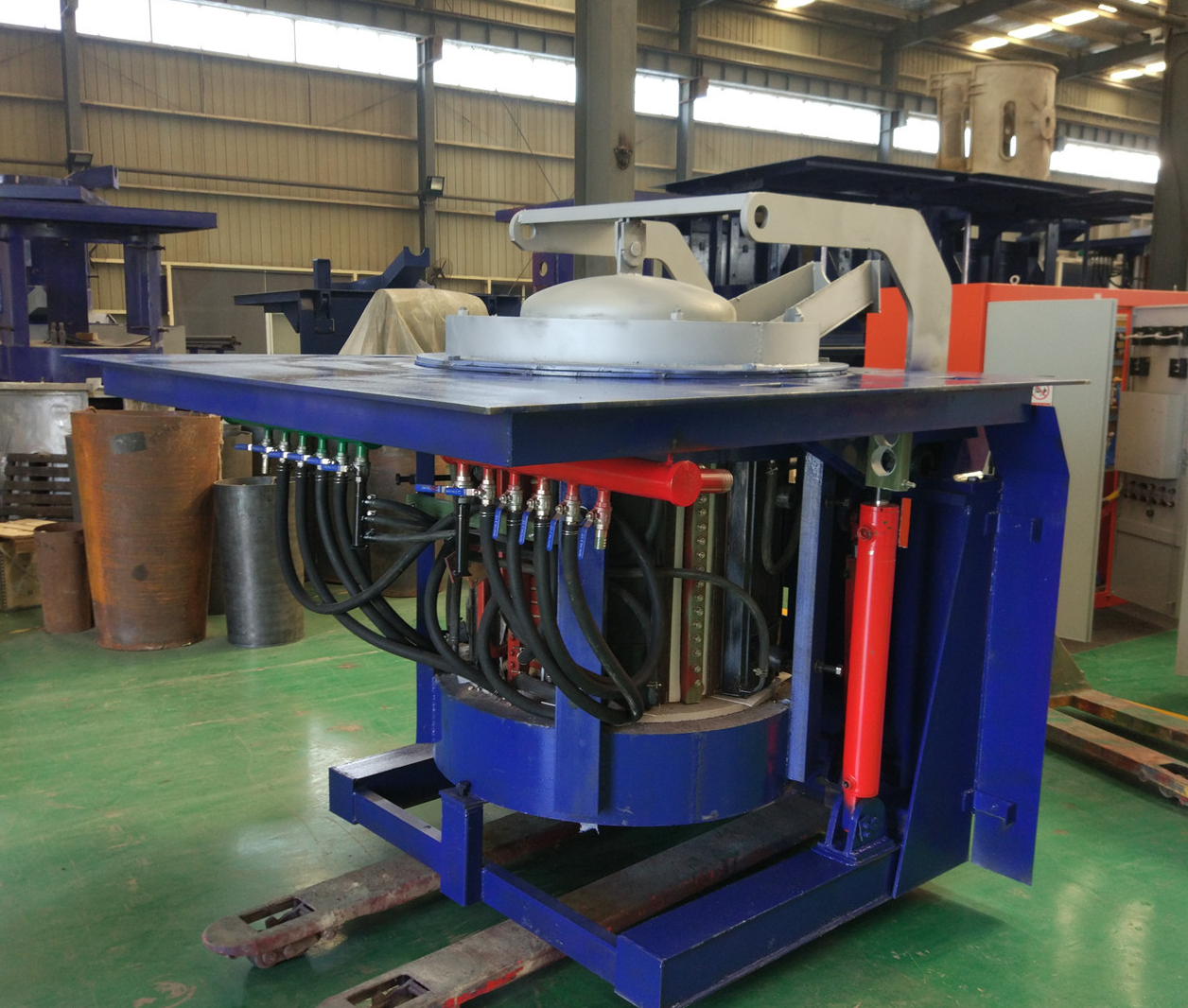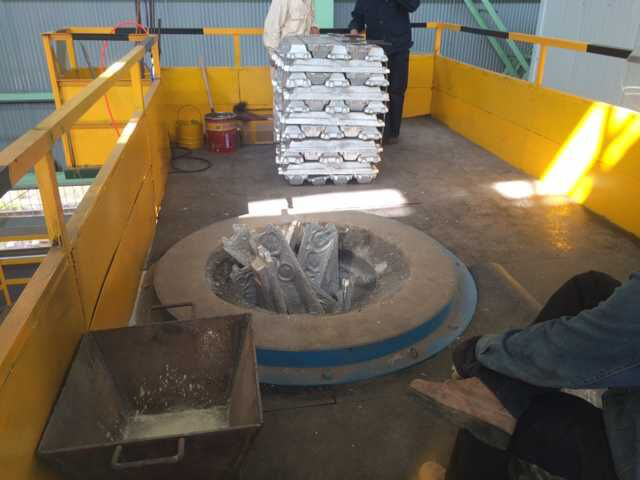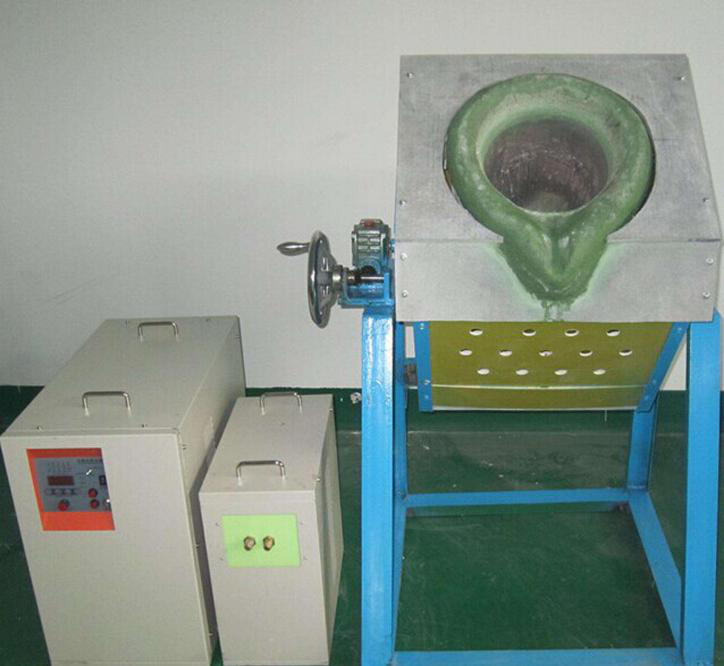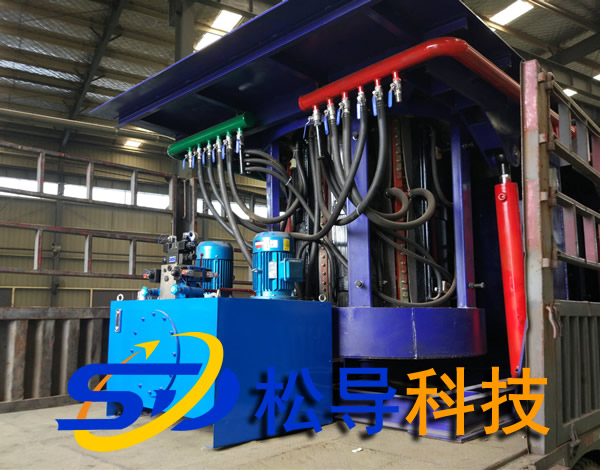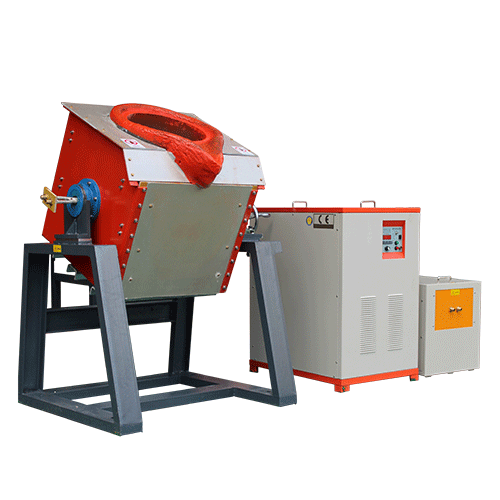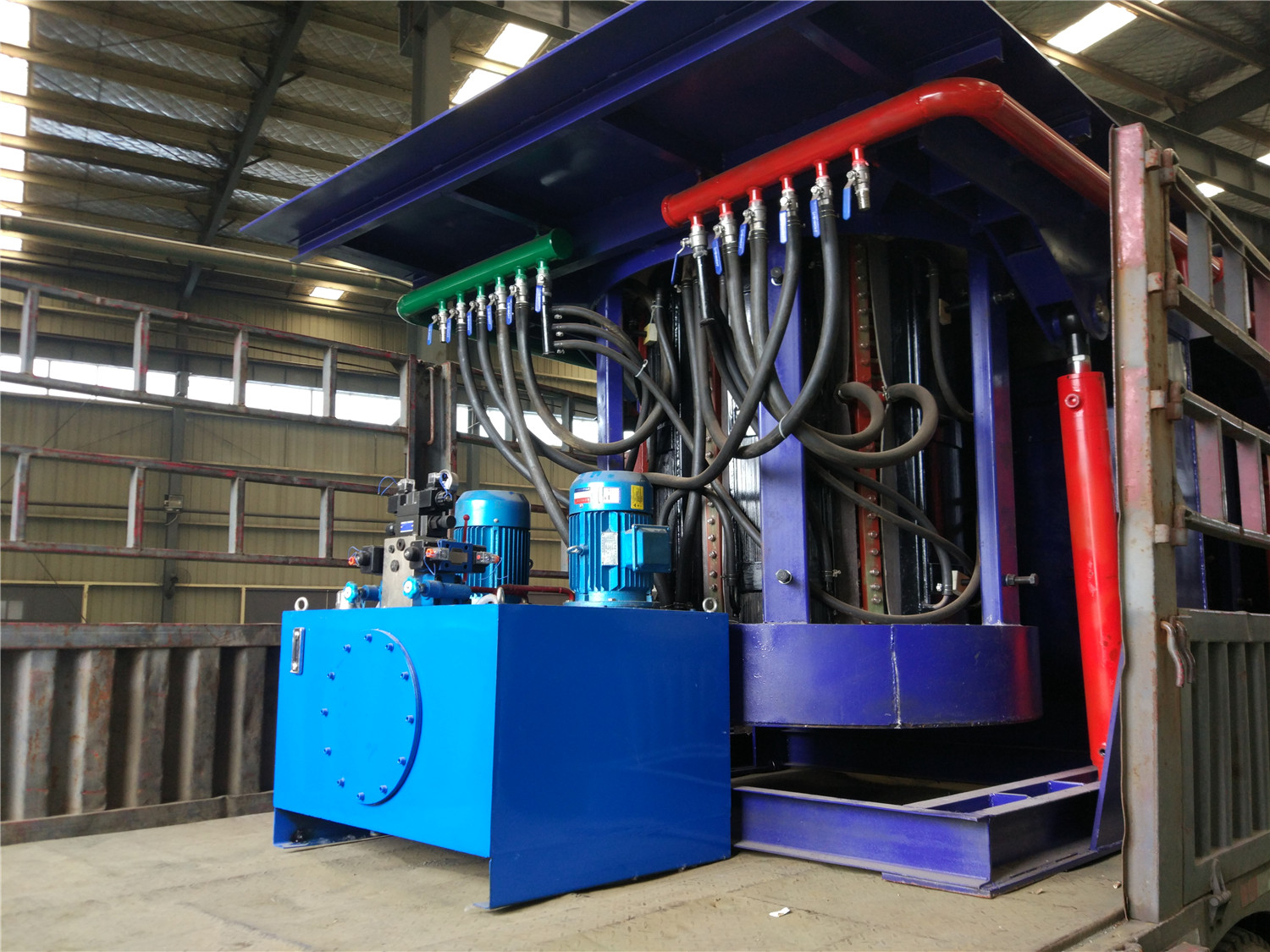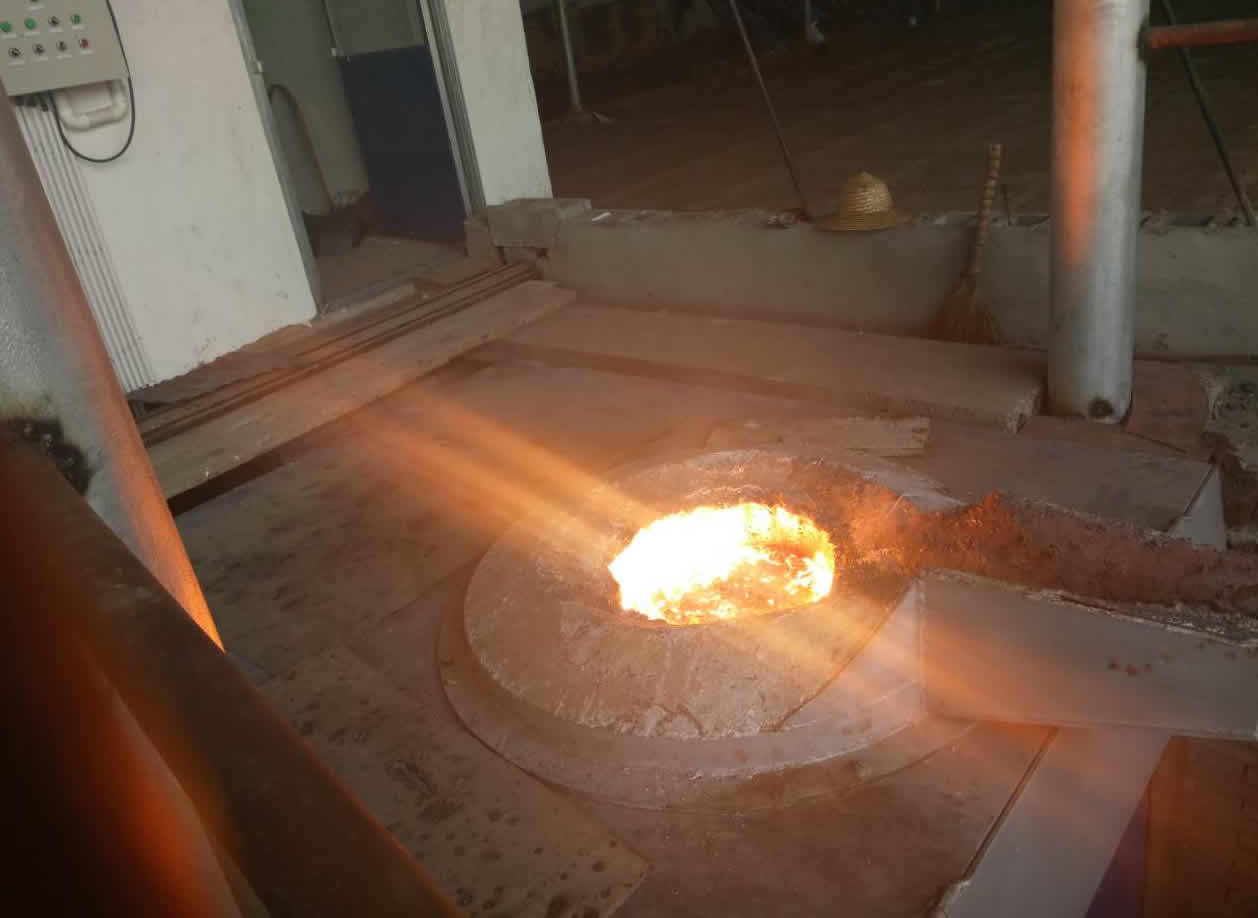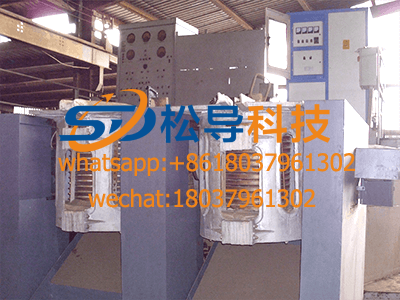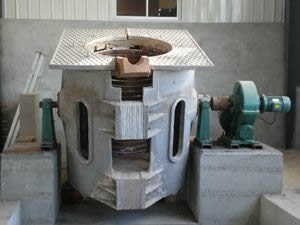Loss analysis of each part of induction melting furnace
1. Induction melting furnace manufacturers generally use S7 and S9 energy-saving power transformers, but their low voltage is not suitable for the energy saving of induction melting furnaces and cannot achieve good results.
2. The capacity and frequency of the induction melting furnace selected by the iron and steel manufacturer and its matching rated power are inappropriate, resulting in unnecessary losses.
3. In the current market, on the one hand, because the output of electrolytic copper cannot meet the needs of consumers, on the other hand, in order to reduce costs, most induction melting furnace manufacturers use low-priced purple copper instead of No. 1 electrolytic copper, resulting in resistance to the power supply line. Increase, heat loss correspondingly increase.
4. The induction coil is a key part of the induction melting furnace, and is the main body that transmits useful work to the heated or melted metal charge. Its transmission ability depends on the strength of the magnetic field generated by the current passing through the induction coil, that is, the number of ampere turns of the inductor. In order to obtain a large heating power, the current flowing through the inductor is very large. Over the years, Induction melting furnace manufacturers have been using the traditional induction coil and water cable cross-section production mode. Generally, the current density of the wire is greater than 25A/mm2. The cross-section of the coil and water cable is small. Due to the influence of the power factor, the actual rated current of the furnace body is 10 times of the intermediate frequency output current after repeated measurements (capacitor full parallel type), and the copper loss is proportional to the square of the current. These will make the induction coil , The water cable generates a large amount of heat, the temperature further rises, a large amount of electric energy is converted into heat and is wasted by the circulating water, so that the electric power loss in the inductor can reach 20% to 30% of the active power of the intermediate frequency induction furnace.
5. The water temperature of the cooling circulating water has a certain effect on the resistance of the induction coil. When the water temperature is high, the resistance value of the induction coil will increase accordingly, resulting in increased loss and large heat production. Then the large amount of heat generated will increase the water temperature and form a This kind of vicious circle is very detrimental to the energy saving of induction melting furnace.
6. The scale formed in the induction coil of the induction melting furnace obstructs the circulating water circuit, reduces the cooling effect, increases the working temperature of the coil surface, and increases the power consumption. Even if it causes local overheating, the coil will burn out and cause an accident. Also, because the cooling water has a certain electric potential, the scale inhibition effect of the existing scale inhibitor is not very obvious.
7. The service life of the lining of the induction melting furnace has an impact on the power consumption of the furnace. The lining life is long, and the power consumption of the furnace is relatively low. Therefore, the material selection of the furnace lining and the furnace building and drying process should be improved.
8. The quality of the smelting process of the induction melting furnace is also directly related to the power consumption of the electric furnace. There are considerable problems in whether the ingredients are reasonable, the length of the smelting time, and whether the smelting is continuous, which increases unnecessary losses.
9. Some factories did not pay considerable attention to the maintenance of induction melting furnaces, which caused the furnace body and power supply system to fail to operate normally, and corresponding losses increased.

